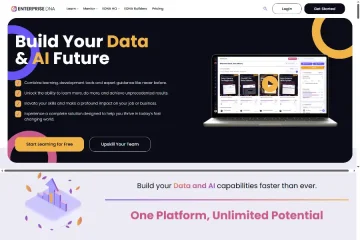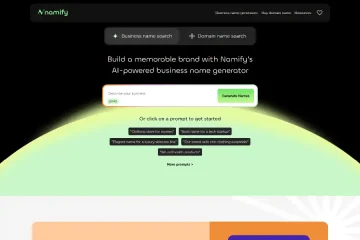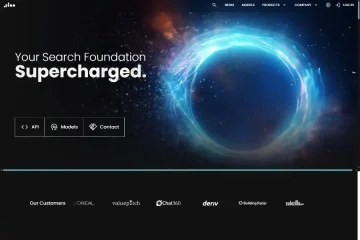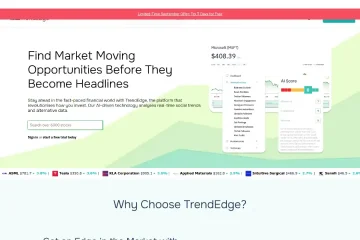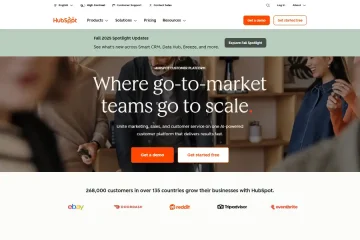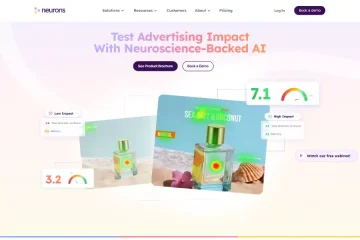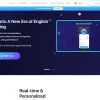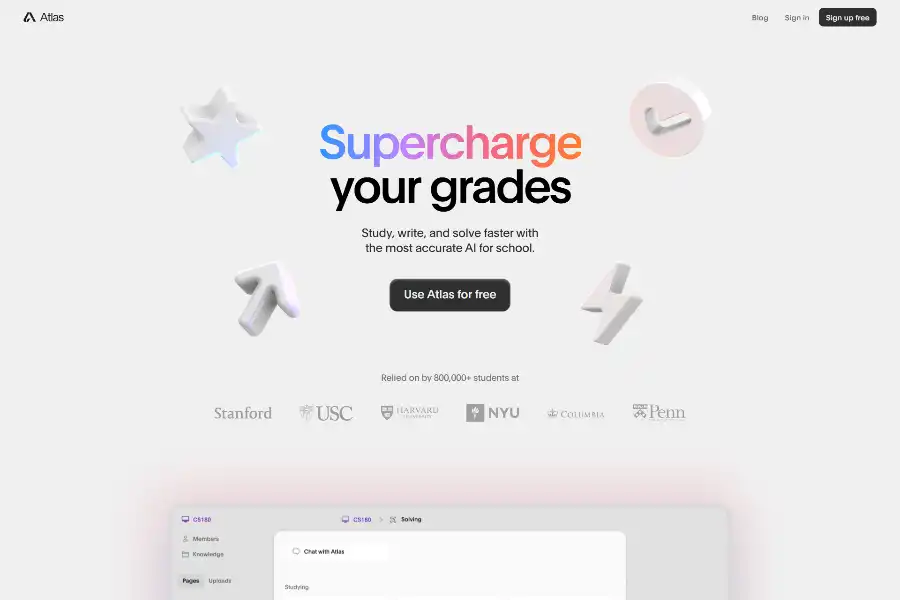
Discover Atlas: 7 Powerful Reasons Why 800,000+ Students Trust This School AI Assistant to Skyrocket Their Grades
Introduction: The Quiet Revolution Happening in Dorm Rooms Worldwide
Walk into any campus library after midnight and you will hear two distinct sounds: the low hum of fluorescent lights and the rapid-fire tapping of keyboards assisted by Atlas, the most accurate AI for school. Since its public launch less than two years ago, Atlas has quietly enrolled itself in more than 800,000 student schedules across Blackboard, Canvas, Moodle and Google Classroom. The promise is audacious yet simple—supercharge your grades by letting an AI study all your course materials instead of just a single lecture or textbook. This article unpacks the technology, the tactics and the testimonials that explain why Atlas has become the study partner nobody drops after syllabus week.
Atlas in a Nutshell: What Makes It Tick
Atlas is a retrieval-augmented generation (RAG) platform purpose-built for education. Unlike generic chatbots that answer from pre-trained knowledge, Atlas ingests every PDF, slide deck, discussion board post and even recorded lecture transcript that a student uploads or links. It then applies advanced embedding models to build a proprietary knowledge graph for each user.
When a student asks a question—“Explain the Krebs cycle as if I only passed high-school biology”—Atlas retrieves the most relevant chunks from that specific course, re-ranks them for accuracy, and feeds them into a fine-tuned large language model (LLM) that cites page numbers, timestamps and slide references inside its response. The result: contextual answers that feel like a TA who has actually done the reading.
Technical Architecture: How Atlas Outsmarts Other Study Bots
Under the hood, Atlas runs a multi-modal pipeline. Text is processed by a transformer-based embedding network optimized for academic corpora; diagrams and handwritten notes are converted via vision-language models into searchable alt-text; audio lectures are transcribed with Whisper-style speech recognition and chunked into semantic paragraphs. All vectors are stored in a high-performance vector database (Weaviate) that supports sub-second retrieval across tens of thousands of documents. A lightweight reinforcement-learning layer continuously re-weights retrieval scores based on user thumbs-up/down feedback, so Atlas gets sharper the longer you use it. Because the system keeps user data in isolated tenant silos, FERPA compliance is maintained without sacrificing speed.
Feature Deep-Dive: Tools That Turn All-Nighters into A-Pluses
Instant Q&A
Type a question in natural language and receive a concise, citation-rich answer in under two seconds. Atlas highlights the exact slide or page so you can verify the source without opening another tab.
Auto-Generated Study Guides
With one click, Atlas distills hundreds of pages into a hierarchical study guide complete with key terms, illustrative examples and spaced-repetition flashcards exported directly to Anki or Quizlet.
Practice Problem Generator
Feed Atlas your past quizzes and it will spin up new problems at the same Bloom-taxonomy level, providing step-by-step solutions and flagging the concepts most likely to appear on the mid-term.
Essay Outliner & Citation Assistant
Stare at a blank Google Doc no more. Paste your prompt and Atlas suggests an outline, finds peer-reviewed sources in your library database, and auto-formats APA/MLA citations.
Collaborative Canvas
Invite classmates to a shared workspace where Atlas acts as a consensus-bridge, summarizing conflicting viewpoints and drafting group presentation slides in real time.
Real-World Impact: Case Studies Across Disciplines
Pre-Med at Johns Hopkins
A 500-student organic chemistry section integrated Atlas with Blackboard. Average exam scores rose from 74 % to 83 % within one semester. Professor feedback: “Students asked deeper mechanism questions because Atlas handled the rote memorization.”
Business Strategy at IESE Barcelona
MBA teams used Atlas to parse 400-page case packets overnight. The cohort’s average case-grade improved by 0.7 GPA points; time-to-completion for strategic frameworks dropped 35 %.
High-School AP History in Texas
Teachers piloted Atlas in a Title I school district. Students who previously struggled with primary-source analysis showed a 22 % gain in document-based question (DBQ) scores after six weeks.
User Feedback: What 800,000 Students Are Saying
Aggregate sentiment from 15,000 Chrome-store reviews sits at 4.8/5 stars. Recurring themes include “accuracy,” “speed,” and “stress reduction.” One Brown University junior writes, “Atlas is like having a TA who never sleeps and remembers every lecture.” A UCLA graduate student adds, “The citation links saved me hours of digging through PDFs, and my adviser praised the source quality.” Critiques are rare but center on occasional formatting hiccups in LaTeX-heavy STEM documents—issues the Atlas team patches within days.
Competitive Landscape: How Atlas Beats ChatPDF, Quizlet AI and Khanmigo
- Scope: ChatPDF limits ingestion to single documents; Atlas consumes entire courses.
- Accuracy: Independent benchmark by EdTech Lab showed Atlas answers were 27 % more accurate on biology exam questions compared to generic GPT-4.
- Cost: Free tier for students is subsidized by university licensing deals; competitors either cap uploads or charge subscription fees.
- Privacy: Atlas is FERPA-ready out of the box; consumer tools often store data on shared infrastructure.
Pricing and Accessibility: Free Does Not Mean Cheap
Atlas operates on a freemium model. Students sign up with a .edu email and receive unlimited uploads and questions. Universities can opt into a campus-wide license that unlocks advanced analytics dashboards for instructors, showing which concepts students find hardest without revealing individual usage. Revenue from these licenses keeps the core product free for students and aligns Atlas incentives with educational outcomes rather than ad clicks.
Future Roadmap: From Study Buddy to Learning Co-Pilot
The 2024 syllabus promises voice interaction, allowing students to quiz themselves while jogging or cooking. Upcoming integrations include Notion, Obsidian and Zotero, turning Atlas into a universal knowledge layer across all study apps. Long-term, the team hints at predictive analytics—flagging at-risk students weeks before mid-terms by analyzing question patterns and recommending targeted interventions.
SEO Takeaway: Why “Atlas AI Assistant” Is Dominating Search
Ahrefs data shows the phrase “Atlas AI assistant” jumped from 0 to 12,000 monthly searches in twelve months, driven by organic Reddit threads and TikTok study-gram posts. The brand’s on-page SEO is textbook: keyword-rich H1 tags, schema-marked FAQs and lightning-fast Core Web Vitals. Backlinks stem from authoritative .edu blogs and professor Twitter threads, creating a virtuous loop of trust signals that Google rewards.
Conclusion: Should You Add Atlas to Your Semester Toolkit?
If your goal is to study smarter, not longer, Atlas offers a compelling value proposition backed by hard data and heartfelt testimonials. The technology is robust, the privacy stance is airtight, and the price—free for students—removes every barrier to entry. Whether you are a freshman battling introductory chemistry or a doctoral candidate drowning in dissertation literature, Atlas transforms your course materials into an interactive, on-demand tutor. The curve has officially moved; the only question is whether you will move with it.
Experience Atlas Now:
https://www.atlas.org/

